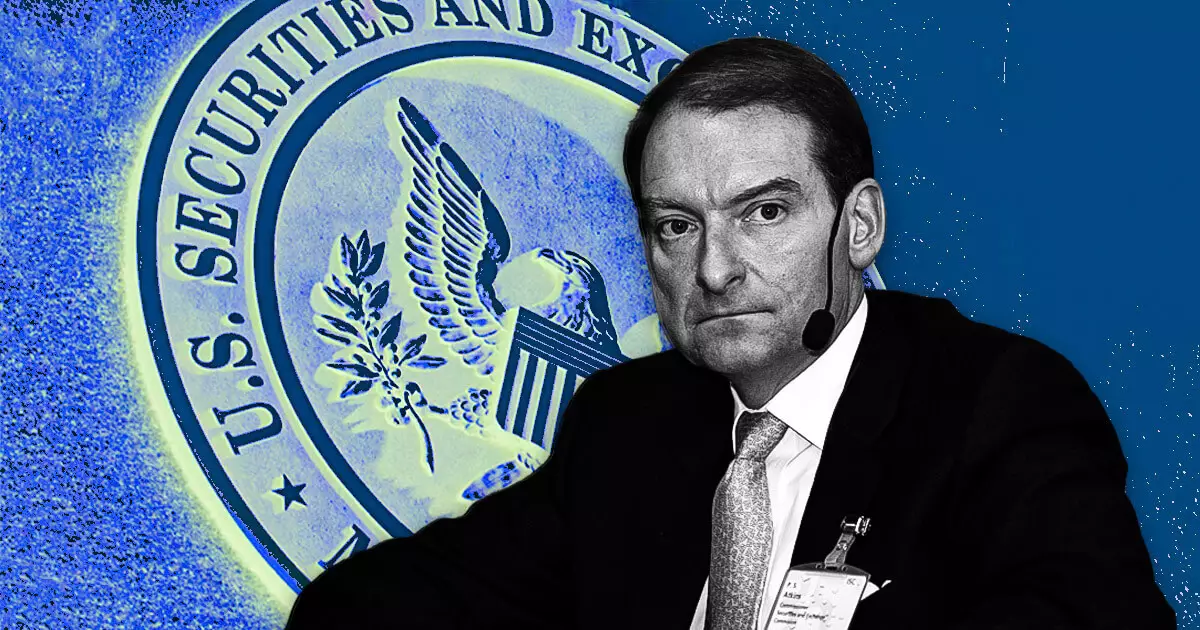In a recent announcement via Trust Social on December 4, President-elect Donald Trump confirmed the nomination of Paul Atkins as the next chair of the U.S. Securities and Exchange Commission (SEC). This development marks a significant moment not only for the SEC but also for the rapidly evolving landscape of digital assets. Trump emphasized Atkins’ alignment with the administration’s vision of fostering innovation, stating that he “recognizes that digital assets and other innovations are crucial to making America greater than ever before.” This assertion reveals a clear intent to prioritize technological advancements in regulatory approaches, particularly in an era defined by digital transformation.
Paul Atkins is not a newcomer in the world of financial regulation; his tenure as an SEC Commissioner from 2002 to 2008 equipped him with extensive experience and insights. Throughout his previous leadership, Atkins advocated for principles of free-market economics, emphasizing the importance of investor protection and the simplification of complex financial structures. His push for enhanced market transparency and improved financial disclosures established him as a forward-thinking regulator during his time at the SEC. Currently, as the CEO and Founder of Patomak Global Partners—a consultancy specializing in risk management—and co-chairman of the Digital Chamber’s Token Alliance since 2017, Atkins’ credentials resonate well with the demand for clarity and innovation in the context of digital assets.
Implications for Digital Assets
Atkins’ nomination brings with it a wave of optimism for stakeholders in the cryptocurrency ecosystem. His established connections within the crypto sector lend credence to the belief that he could effectively tackle the regulatory uncertainties currently plaguing digital assets in the United States. Cryptocurrency advocates eagerly await a regulatory framework that harmonizes the excitement of innovation with the necessary investor protections. In this context, Atkins appears poised to lead with an eye toward balancing regulation and innovation, positioning the U.S. as a competitive player in the global digital economy.
The journey to Atkins’ nomination was rife with speculation, as a myriad of candidates were considered to succeed the SEC’s helm. Names such as SEC Commissioner Mark Uyeda, former Commodity Futures Trading Commission (CFTC) Chair Heath Tarbert, and notable figures from various financial institutions were mentioned extensively in discussions prior to Trump’s formal announcement. The thorough vetting process not only highlights the importance of the role but also reflects the multifaceted challenges the next chair will face in overseeing a rapidly changing financial landscape.
In this political and economic climate, the appointment of Atkins signals a substantive shift towards a regulatory framework that promises to adapt to the realities of modern finance. As the SEC faces the latest wave of technological evolution, followers of the financial sector are left to ponder the implications of Atkins’ leadership on both market practices and investor trust. His approach will be critical in determining whether the SEC can emerge as a champion for innovation without sacrificing the principles of investor protection that underpin regulatory frameworks.














Leave a Reply